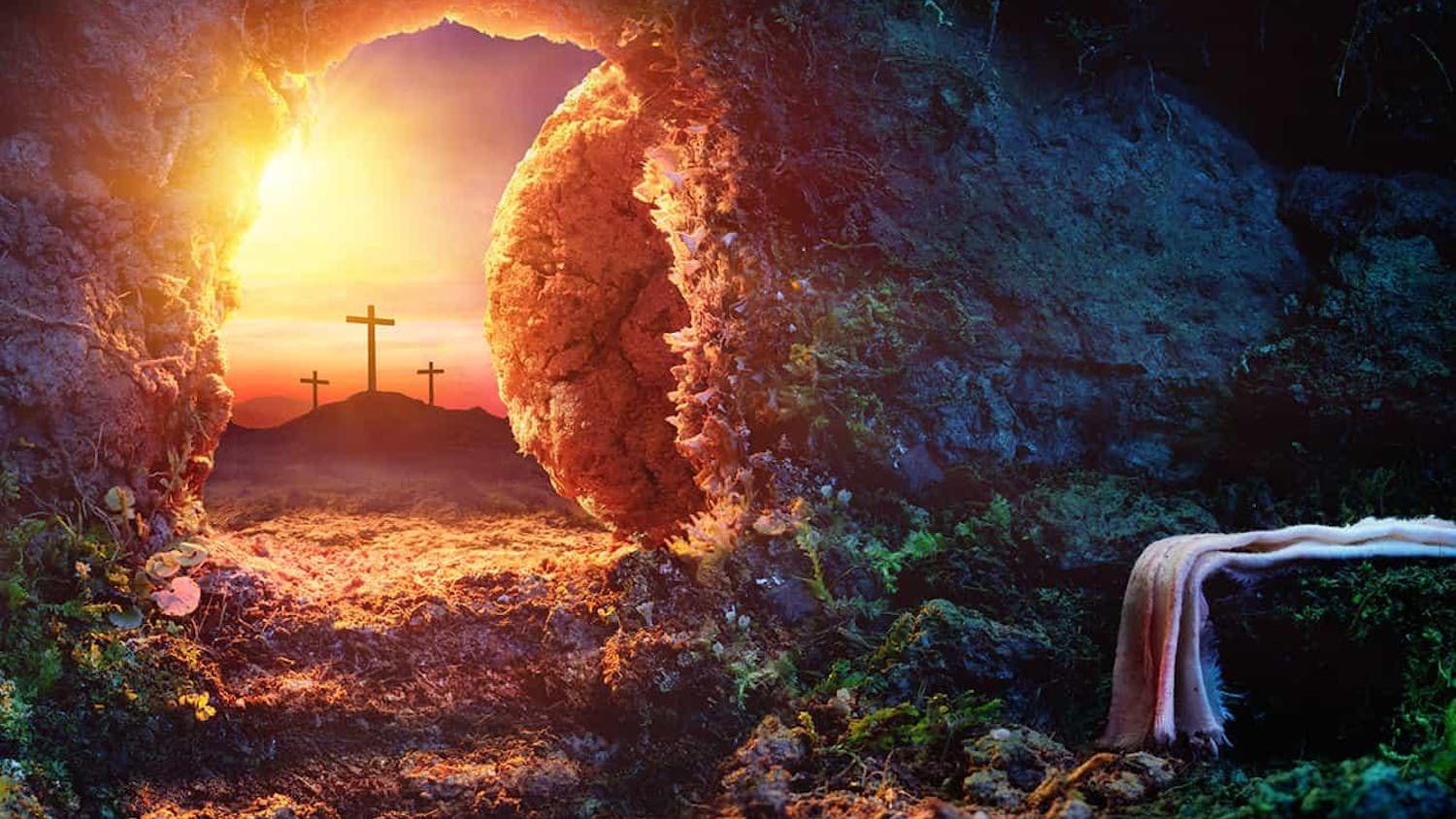By Davis Wetherell | Contributor
You may think Taylor is a bubble, but it is not isolated from the national conversations on sexuality, gender, race and politics. Like in the "real world," we have a mixed bag of students, faculty and staff who carry allegiances toward specific agendas.
The issue so prevalent on campus today is that conflicting agendas, which I will call ideologies, cause irrevocable gaps between thinkers and believers. If Taylor wants to survive as a Christian school, then we must bridge the gap and dwell within our commonalities more than within our differences. The controversy of this opinion is not in saying we mustbridge the gap; rather it is in saying that we can.
What is an ideology? It is a system of ideas. Common examples of ideologies here at Taylor are: pro-life, Calvinism, Feminism, LGBTQ (pro- or anti-), #BlackLivesMatter.
I am not against ideologies, because that would be somewhat hypocritical: I myself am pro-life, pro-gun control and pro-traditional marriage (among other things). What I am critiquing is your desire to put down this article now that you know my ideologies.
So, if you're still with me: where is the bridge? How can I, a strong advocate for traditional marriage, ever relate to a strong advocate for gay marriage?
The Bible may be our first attempt at an answer, and it is a good one. However, when we talk about the Bible we still experience great conflict. My literal reading of certain passages on homosexuality may be radically different from someone else's redemptive reading of those same verses.
We read the Bible through the lens of our agenda. We accept proof through the ideology we wish to see proved. Thus, the Bible loses its place as our common ground.
Our ideology has become the God we hope to learn about when we read the Bible. The man behind the words of the scriptures is no longer Jesus as he is, but Jesus as we would like him to be. This is a mistake, and I am not exempt from it. We are all guilty.
Although specific ideologies reign today that have emerged in the last decade, this reduction of Jesus' character is by no means new to humanity. We as humans are keen on putting God in the box that we can most easily understand and identify.
It is time to learn from others where God is bursting through the cardboard.
If I may speak on your behalf, allow me to assume that you care about truth. You care about Christianity, and you care about the beliefs of the body of Christ. This is why you feel offended or frustrated or tempted to walk out of chapel when someone advocates for an ideology that contradicts your own; you feel the falsity of their statement churning deep within your gut.
And therein liesour often overlooked common ground: our search for truth. The greatest thing we hold in common at this point is that we care about the truth. Take this Opinions section as an example; we may write a variety of opinions, but everyone who writes in here holds in common the passion for truth.
Therefore, the bridge between ideologies is the recognition of truth-seekers on the "other side" of the argument.
Let me be transparent: my ideologies are obstacles I must overcome to find God's truth. If I approach the Bible, a conversation or a chapel message with a pre-existent ideology and some bit of truth is spoken that I have not made room for in my little cardboard box, I will reject it. This is a missed opportunity.
I must, if I care about truth, leave my ideology at the door. I must be emptied so that I can hear truth first and form my opinion second. I must not let ideology become the idol that takes the place in my heart that belongs to God alone.
I pray you drop your ideology, forbear from judging those who offend and exist outside the bubble you have made for yourself here at Taylor. Let truth mold ideology.





